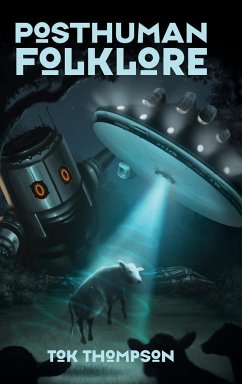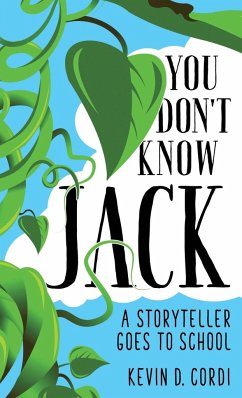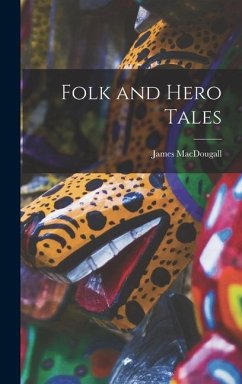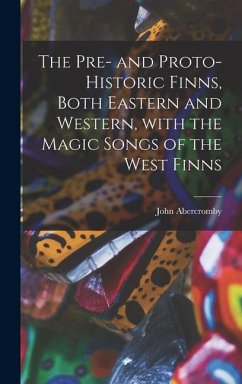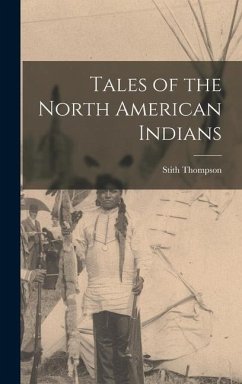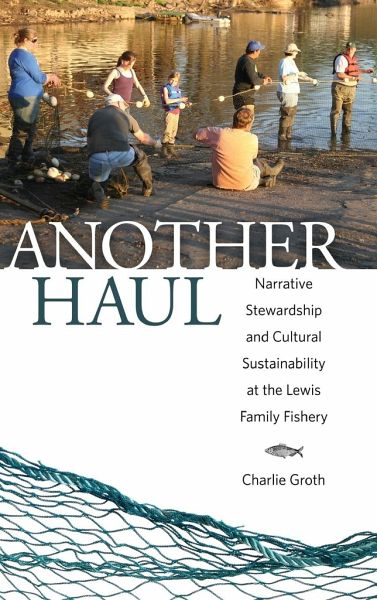
Another Haul
Narrative Stewardship and Cultural Sustainability at the Lewis Family Fishery
Versandkostenfrei!
Versandfertig in 1-2 Wochen
112,99 €
inkl. MwSt.
Weitere Ausgaben:

PAYBACK Punkte
56 °P sammeln!
Lewis Island in Lambertville, New Jersey, is the site of the Lewis Fishery, the last haul seine American shad fishery on the nontidal Delaware River. The Lewis family has fished in the same spot since 1888 and operated the fishery through five generations. The extended Lewis family, its fishery's crew, and the Lambertville community connect with people throughout the region, including environmentalists concerned about the river. It was a Lewis who raised the alarm and helped resurrect a polluted river and its biosphere. While this once exclusively masculine activity is central to the tiny isla...
Lewis Island in Lambertville, New Jersey, is the site of the Lewis Fishery, the last haul seine American shad fishery on the nontidal Delaware River. The Lewis family has fished in the same spot since 1888 and operated the fishery through five generations. The extended Lewis family, its fishery's crew, and the Lambertville community connect with people throughout the region, including environmentalists concerned about the river. It was a Lewis who raised the alarm and helped resurrect a polluted river and its biosphere. While this once exclusively masculine activity is central to the tiny island, today men, women, and children fish, living out a sense of place, belonging, and sustainability. In Another Haul: Narrative Stewardship and Cultural Sustainability at the Lewis Family Fishery, author Charlie Groth highlights the traditional, vernacular, and everyday cultural expressions of the family and crew to understand how community, culture, and the environment intersect. Groth argues there is a system of narrative here that combines verbal activities and everyday activities. On the basis of over two decades of participation and observation, interviews, surveys, and a wide variety of published sources, Groth identifies a phenomenon she calls "narrative stewardship." This narrative system, emphasizing place, community, and commitment, in turn, encourages environmental and cultural stewardship, tradition, and community. Intricate and embedded, the system appears invisible, but careful study unpacks and untangles how people, often unconsciously, foster sustainability. Though an ethnography of an occupation, the volume encourages readers to consider what arises as special about all cultures and what needs to be seen and preserved.





